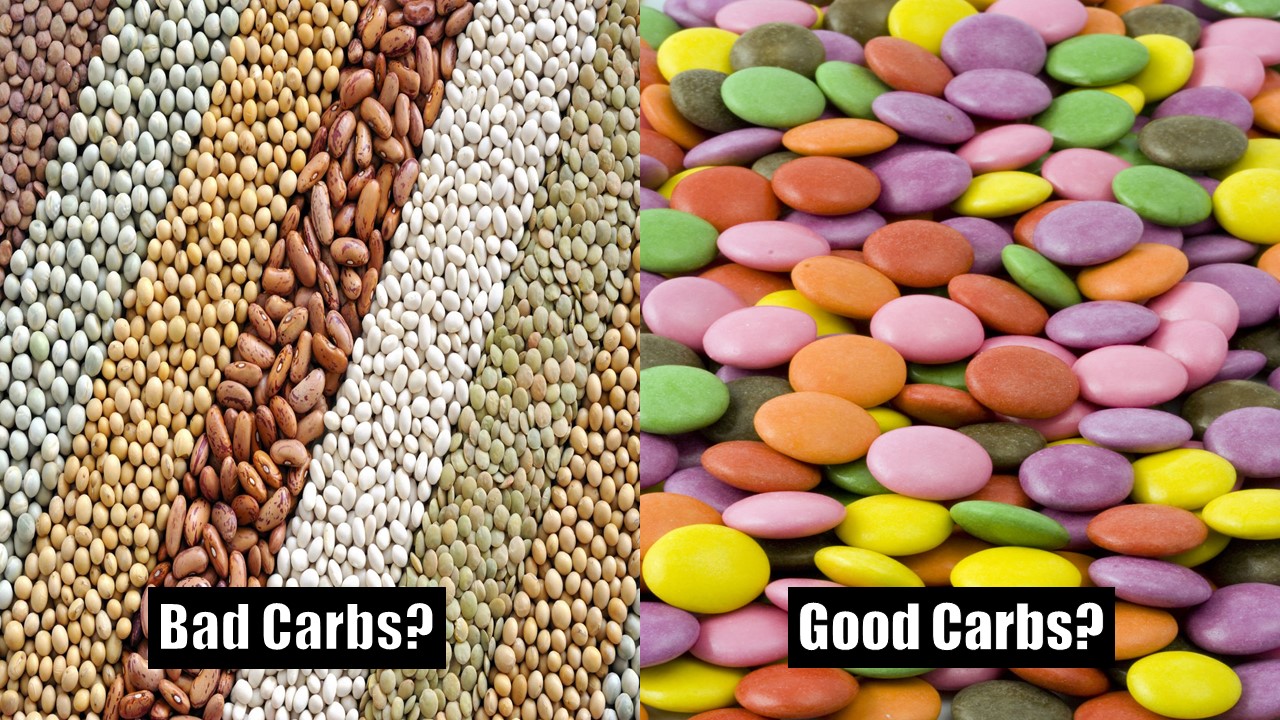4 Reasons Most Diets Fails, And What You Can Do About It
Stepping on the weighing scale for the first time after having partying over festive seasons is always hard – you don’t know what to expect, and sometimes not knowing feels better because you can escape reality for just a bit longer.
But at some point, your clothes feels tighter than it should, and you decide to take the plunge to figure out your magic number so you can do something to reduce it, and the reality reveals a rude awakening you were not ready for.
That usually follows with a pause, and then a flood load of thought:
“It must be the mala hotpot I had with Steven and friends the other day”
“Stupid boyfriend’s disgusting snacking habit. That *****.”
“Dammit. Shall not go shopping for awhile.”

This thought is usually followed by your consideration to follow a diet. Perhaps Intermittent fasting, maybe keto, or maybe something crazy like a raw egg diet. After all, results have be raved about these diets! Eating celeries as a replacement of French Fries sounds like something you can do for the next 3 months, or 3 years I guess?
In your heart, you already know that nutrition may be the problem, but diet doesn’t sound like the best solution to you either. You probably are just toying and tolerating the idea because the desperation for results is high enough for you to want to endure such “pain”.
Well, let me tell you why most diets are a bad idea, and how you can fix that for yourself. Sounds cool? Let’s go.
1. Diets Are Too Restrictive.
Most, if not all diets are designed to restrict you in one way or another. Some could be in the form of food, while others in timing.
Unfortunately, commercial diets are designed in such a way where it wants to help you see fast weight loss, and in order to do so, the restriction has to be hard. Rules of such diets would usually go along the lines of “Cut out all the carbs”, “Eat only one meal in a 4 hour window” or “Only eat a cookie”, creating the illusion that weight loss has to be done in a crazy unsustainable manner.

The result? Grow a level of willpower higher than the depth of the universe and go through the diet anyway, or fail miserably with the self-belief that you will never be able to lose weight. Ouch.
2. Diets Can Be Culturally Irrelevant
Most diets come from the western part of the world. Nothing wrong with it – after all, you can usually find produce like capsicum, broccoli and salads in most part of the worlds these days.
There’s only one small problem – these are not food group you may be used to eating. So for the sake of losing weight you will try to eat according to the diet’s recommended food whether it belongs to your culture, taste or preference.

Because of the lack of cultural relevance, you may start craving for food you are used to, stretching your willpower. Give it a day and it’s fine, maybe a week is still not too bad. But at some point, you may cave and decide to return to that chaat masala you haven’t had for three months. Besides, what’re you going to eat if your mother cooks you naan?
3. Diets Are Not Environment Friendly
No, I’m not talking about temperature, humidity or global warming.
Environment in this case means where you are, who you are hanging out with, and how adaptable you can be around the different places.
Due to the strict rules of diet, should you be out for a social gathering, you will find that the menu of these places can be very hard to comply with your diet, making it extremely difficult to find food you can eat, let alone enjoy.
Should you not be able to find food, you will be subjected to starvation while the rest of your friends enjoy their food, along with the standard “Just eat lah” along with a few chicken wings flying around your sight, simply because your (immature) friends want to tempt you to fail.

Sometimes, a strong suggestion would be to bring your own lunch box (guilty of doing it, guilty of suggesting it to a client too). That works, but it doesn’t deter your friends from teasing you. Having a lunch box while eating with a group of friends is like having a target board on your chest with the words “BULLY ME”.
Either way, you poor soul.
4. Diets Are Not Educational, And Does Not Provide Continuity
Here’s the truth: All diets work if they follow the foundational principles of metabolism.
But the downside to most diets is that there is no continuity.
Entering into a diet is like joining a new company or going to school for the first time – there are lots to learn about.
And while diet may (or really, may not) show you the steps of how to lose weight, it doesn’t explain why.
More importantly, it doesn’t explain what rules to relax as you gradually return to normal per se.
So when you do get back to normal, you go straight back to your old habits. Doesn’t take a genius to know what kind of magic that does to your weight.
Then comes the next problem – now that you are back to square one, you cannot bring yourself to starve again. That raw egg diet was so nasty, the experience makes you shiver.
So uh, what now?
If You Are Hell Bent On Dieting, Here’s What You Can Do.
Diets are not all bad. There is a reason why some people still thrive while others fall while following the same diet.
Look for a diet that is most relevant to your habits, preference and general behavior. This reduces the feeling of restriction, allowing you to do better in said diet.
Instead of following the rules of diet strictly, treat them as guidelines. This way, you create flexibility around when to use them, allowing you to relax on the rules when you are in one off events like a social gathering.
You also want to look for food groups you truly enjoy. It is okay to substitute ingredients within the same food group so you can enjoy what you like and still get the results you want.
And when you reach the weight goal you are after, take some time to read up more on materials that helps you maintain where you are. Nutrition is not just about macros and calories. You also need to consider other things like how your body reacts to food or the lack thereof, and how that affects your mental wellness.
Ultimately, your weight loss journey belongs to you, and has to be personalized for you to gain the most benefit.
Hope this helps!











